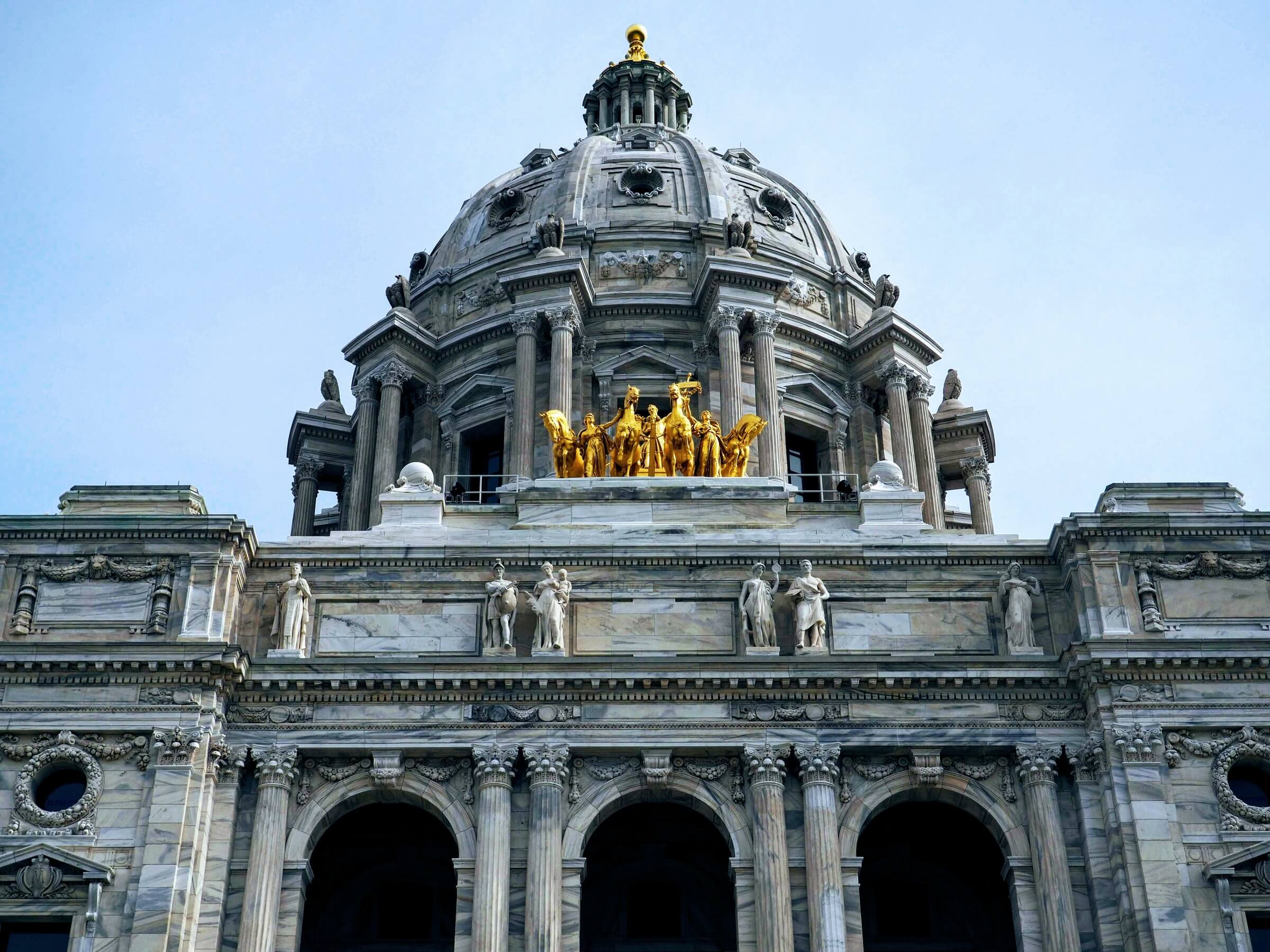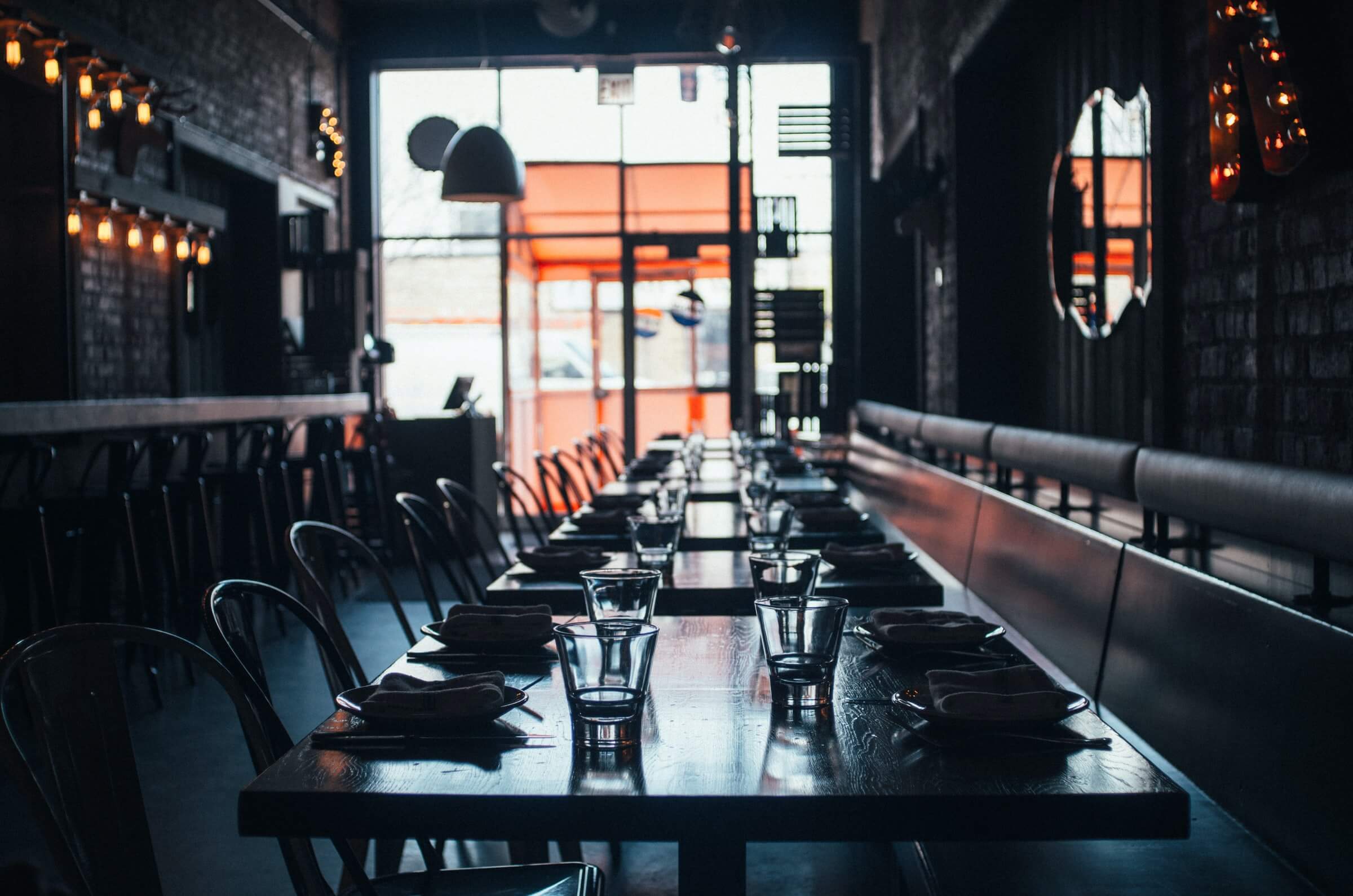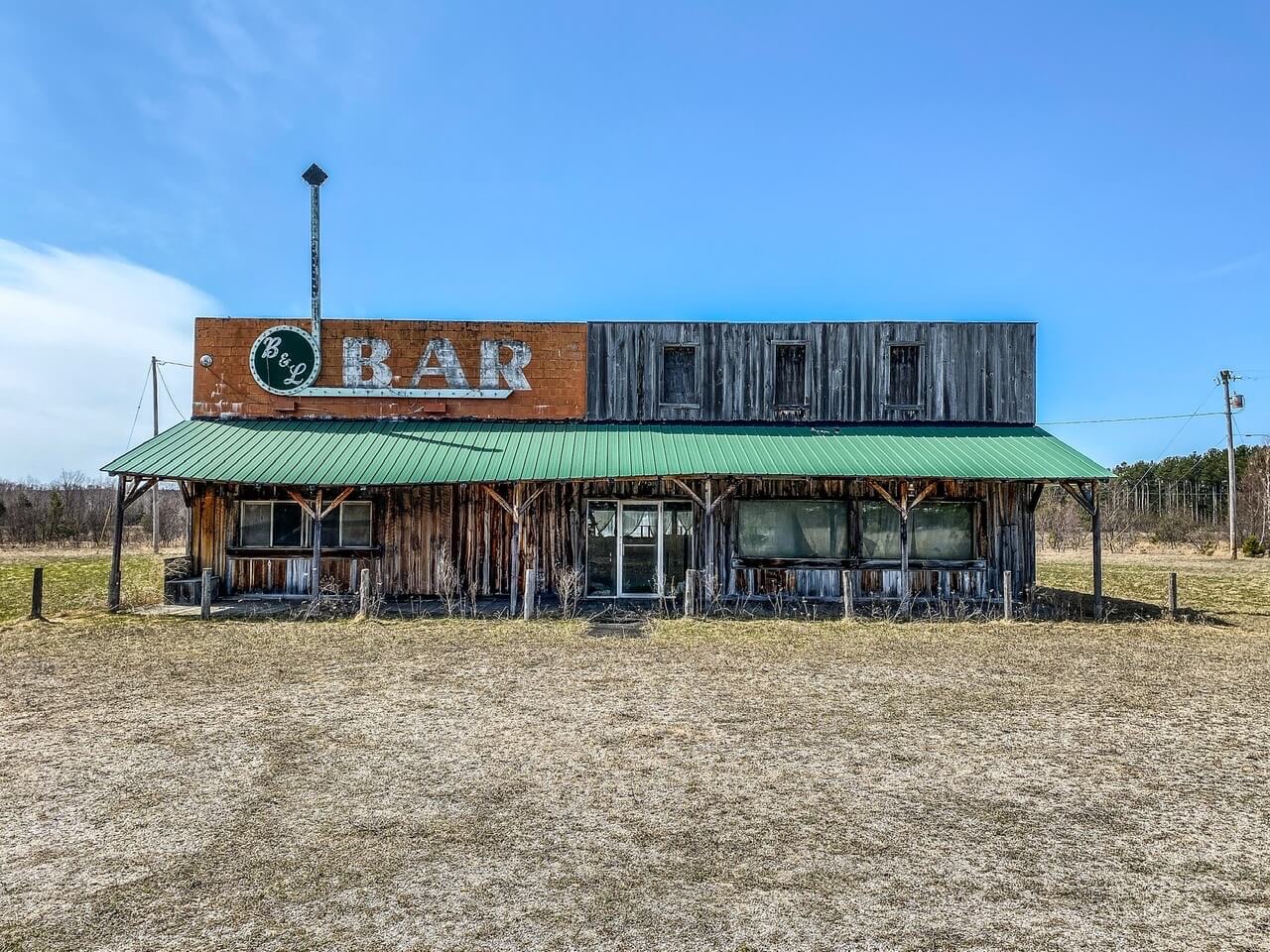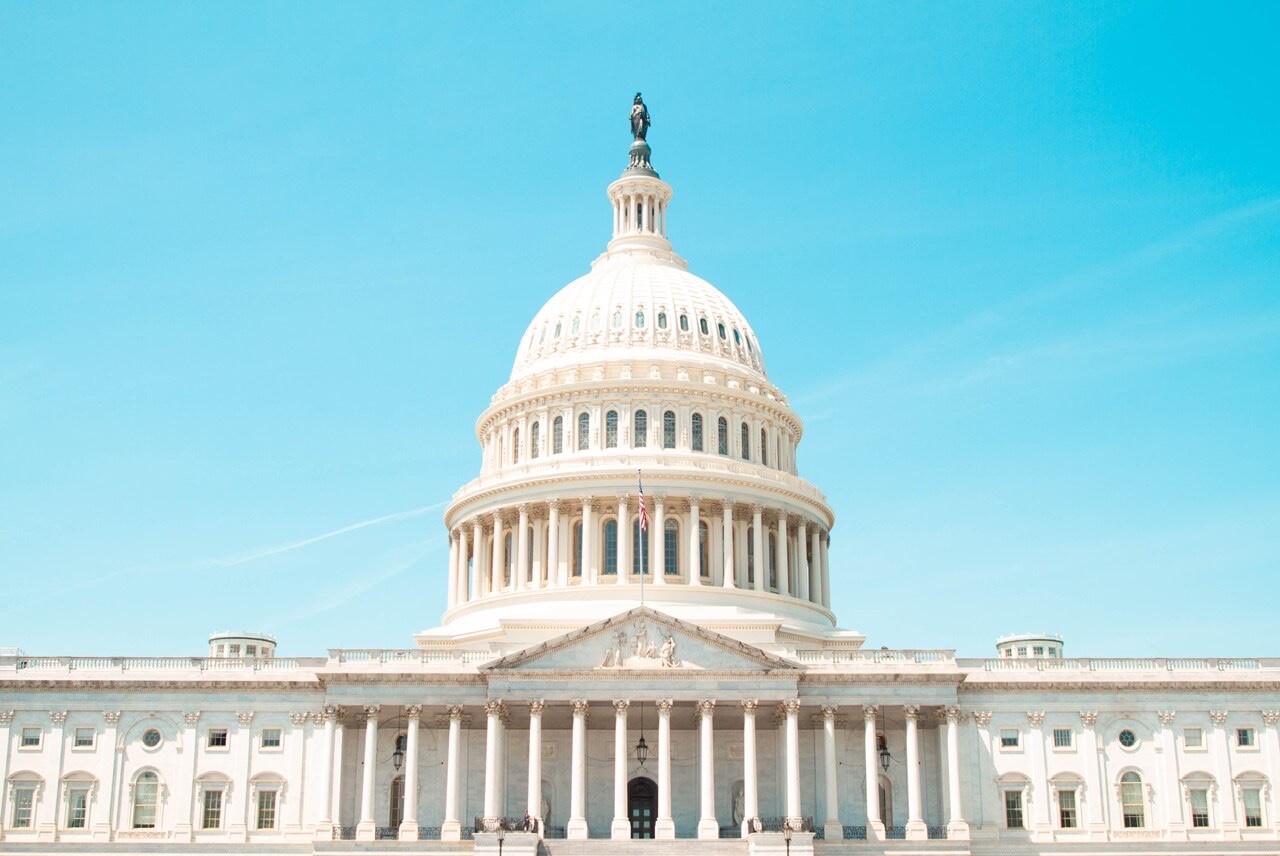Operators Remain Caught in Vortex of Open-Close-Open Cycle
by David Klemt
Another week, another round of changes for restaurant and bar operators in different states.
It has become all too familiar for those in the hospitality industry: Orders governing capacities, party sizes, bar seating, capacities, and operating hours are issued, and within weeks or days, new orders are issued.
The result is a costly high-wire act forcing restaurant, bar and nightclub owners, operators, managers and workers to deal with an inordinate amount of stress. Every cost-incurring change threatens the longevity of each affected business and the livelihoods of those they employ.
That includes reopening. What officials likely view in a positive light isn’t that cut and dry for the business owners. Whether its ignorance or indifference, governors and other officials don’t seem to realize that permitting people to resume operation isn’t as simple as turning on lights and unlocking doors. Even a small bar is a machine with many moving parts.
As anyone who has been involved in mandated close-reopen cycles knows, there are myriad operational elements that must be aligned before throwing open the doors once again. Product must be secured, a workforce must be contacted and assembled, equipment must be checked, required health and safety protocols must be reviewed and shared with staff, the word must go out to potential guests… Those challenges and more must be overcome quickly while the threat of another closure or more restrictions loom not far in the distance.
Just a week ago, we shared the story of a Minnesota operator facing a five-year liquor license suspension for defying the order issued in November of last year that banned indoor dining. On Monday, January 11, Governor Tim Walz announced restaurants and bars will be able to open again—with restrictions, of course. Indoor event and entertainment venues will also be permitted to open.
Gov. Walz’s order allows restaurants and bars to resume indoor service at 50-percent capacity, with overall capacity maxed out at 150 people. Reservations will be required, parties may not exceed six guests and must be socially distanced six feet from other parties, bar seating will be restricted to parties of two, and dine-in service must cease at by 10:00 PM.
Indoor event venues such as bowling alleys are also limited to a maximum capacity of 150 people but are restricted to 25 percent capacity. Foodservice is required to stop by 10:00 PM if the venue serves food. Gov. Walz’s orders are, reportedly, a response to infection rates falling from 13 percent to six percent.
In another (partial) reversal, bars that don’t serve food have been ordered to close in some counties in Texas. The state’s 254 counties have been separated into 22 Trauma Service Areas (TSA). Per an order from Gov. Greg Abbott, if a TSA’s hospital capacity consists of 15 percent or more of Covid-19 patients for seven consecutive days, specific restrictions are triggered. Those restrictions are only lifted when the TSA falls beneath the 15-percent threshold for seven days straight.
TSA Q, which includes Houston, restaurants are now required to restrict capacity from 75 percent to 50 percent. Bars—businesses with gross sales of alcohol of 51 percent or greater—must close. A judge overseeing Coryell County has reportedly defended the three bars in his county, stating that he sees “no reason why our three establishments should be penalized.” Judge Roger Miller doesn’t think the bars have contributed significantly to increased infections in the county and is said to be asking for an exemption so they can remain open.
For bar owners unable or unwilling to make the transition to restaurant designation, the restriction is a lethal blow. Facing reduced traffic and rising costs, even a week-long closure can spell disaster. It’s no wonder more than 3,000 Texas bars have maneuvered to offer food and increase food sales in order to be categorized as restaurants—it’s a viable means of survival. At least restaurants in Texas are able to operate 50-percent capacity rather than the 25 percent other states have mandated should they operate in a TSA that triggers Gov. Abbott’s enhanced restrictions.
The ever-shifting rules and regulations operators face across the country make it more important than ever that they receive significant, targeted aid. Yes, vaccines have been approved. Yes, foodservice workers have been recommended for the third stage of vaccine rollout. That’s not enough. A new meeting of Congress was sworn in January 3 and the pressure campaign to demand the passage and signing into law of the RESTAURANTS Act or a similar bill must continue.
This is not meant in any way to diminish the appalling chaos and terroristic violence visited upon our Capitol Building two days ago. That reprehensible act of insurrection was an attack on us all and our elected officials must reckon with that appalling assault.
However, what occurred on January 6, a date that will certainly live on in infamy throughout our great nation’s history, does not absolve Congress from their duty to save our industry and the millions of workers it employs. If anything, it highlights their responsibility to help rather than harm all Americans.
Image: Nick Fewings on Unsplash





